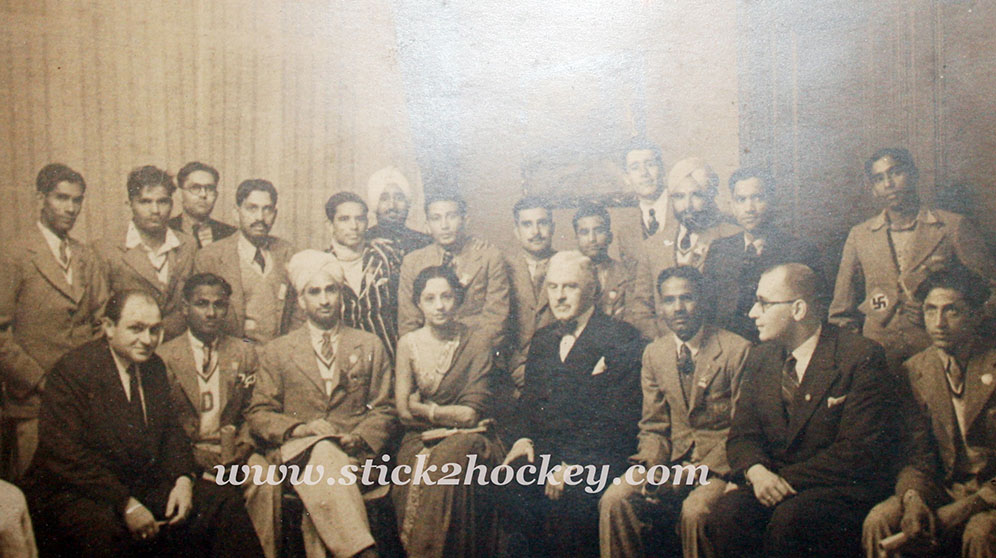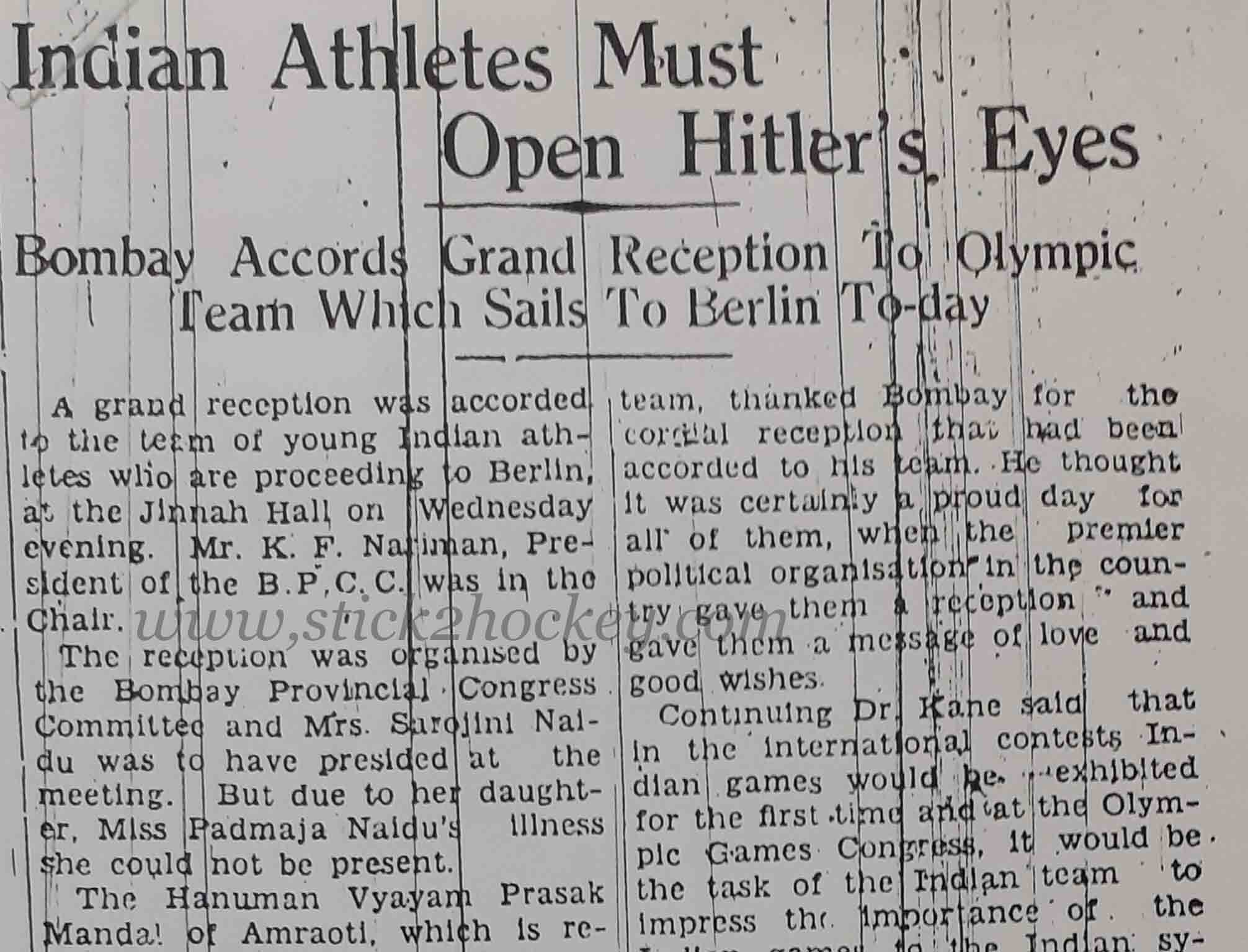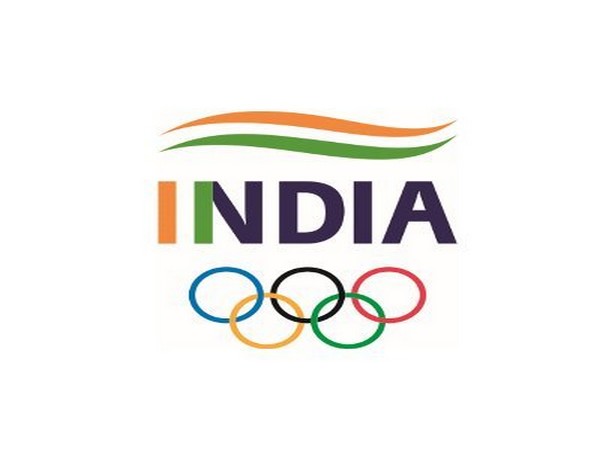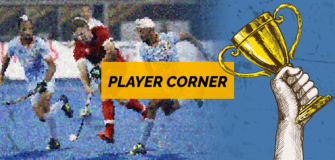Share
GULU EZEKIEL
If not for the dreaded Covid-19 the Tokyo Olympics would have been in full swing, marking 100 years since India’s official participation in the Games of the Modern Olympics.
Now the sporting world waits and watches to see if the delayed Olympics will be staged 12 months from now in Tokyo. The International Olympic Committee (IOC) has already hinted if there is a further delay, Tokyo will have to be skipped and the cycle will go straight to Los Angeles in 2024.
The road from Antwerp, Belgium in 1920 to today has been a rocky one for the Indian Olympic movement, full of potholes, barriers and diversions with the rare smooth stretch.
India is one of the few nations in the world neither to boycott an Olympic Games nor be banned on political grounds.
And though it has in recent years blossomed into a multi-sports nation, after 70-plus years of independence the road to becoming a sporting superpower is still a long way ahead.
Just eight team gold from a single sport (hockey) and one measly individual gold won by shooter Abhinav Bindra is a dire report card.
Corruption, nepotism, favouritism and many such ills among India’s sports officialdom; lack of proper diet, training and facilities—though these can no longer be cited as an excuse–and a flawed sporting culture, all are mitigating factors.
The journey began at Antwerp a century back with a five-member contingent in athletics and two wrestlers.
But before we look at that first ‘official’ contingent, we must look back at one of Indian sports’ long-standing mysteries. Who is the first and still only Indian medal winner in athletics?
It was at the chaotic 1900 Paris Olympics that an athlete born in Calcutta (now Kolkata), Norman Gilbert Pritchard won silver in both the 200 m. and 200m. hurdles. In the latter he set a world record in the second heat which was eclipsed in the final.
Pritchard was born of English parents on 23 June 1875 and spent his entire youth in Calcutta. He had spent the summer of 1900 competing in meets in England and was one of the world’s leading sprinters. His two medals at Paris thus were not unexpected.
It would be some years before the formation of National Sports Federations and athletes entered on their own accord. Crucially the IOC granted his medals to India in the official records and they have stayed there ever since.
But it was Antwerp 1920 where the Indian Olympic story really began. And it was Dorabji Tata, son of the legendary Jamsetji who took on the mantle of the Indian Olympic movement. It was as the first president of the Deccan Gymkhana in Poona (now Pune) where the idea for Tata’s Olympic dream was born. Impressed by the raw athletics talent, he decided to send a team to Antwerp for which selections trials were hastily held in Poona and Bombay in April 1920. Tata was appointed president of the All India Olympic Association in 1924 which then became the Indian Olympic Association in 1927.
The Antwerp contingent consisted of Purna Chandra Bannerjee from Calcutta for the 100 and 400m, Sadashiv V. Datar of Satara and H.D. Kaikadi of Hubli (now Hubbali) for the Marathon and P.D. Chaugule of Belgaum (now Belgavi) for the 10,000 m. and Marathon. The two wrestlers were Dulkar Randhir Shinde (featherweight) and Kumar Navale (middleweight), both from Maharashtra. Shinde came agonizingly close to a medal, losing in the semifinal and finishing fourth.
For the 1924 Olympics in Paris India selected a sportswoman for the first time, Nora Margaret Polley (nee Fischer). She was born in India in 1894 and competed in tennis in both the women’s singles, losing in the third round and mixed doubles with Sydney Jacob, losing in the second round.
It would be 76 years before an Indian woman medaled at the Olympics, weightlifter Karnam Malleswari with bronze in the 69kg class at Sydney in 2000.

A rare picture of Indian Olympic hockey team 1936 Photo from K. Arumugam collection
The 1928 Amsterdam Olympics saw two major landmarks. This was the first time the contingent was selected by the IOA formed just a year earlier (though 1920 and 1924 were also official contingents) and it was the first time India were sending a hockey team who brought India its first official medal, a goal to begin a golden chapter in the golden saga that would last till the 1960’s.
Amsterdam also marked the arrival on the world stage of Dhyan Chand Singh Bais, the immortal ‘Wizard’ of hockey. Dhyan Chand won three consecutive gold for India from 1928 to 1936 as did goal-keeper Richard James Allen.
After winning gold for six straight Olympics from 1928 to 1956 (1940 and 1944 were cancelled due to World War II), India were shocked by Pakistan in the 1960 Rome final but regained their title four years later at Tokyo. Since then apart from the devalued gold at Moscow 1980, it has been a steep decline.
The first individual medal after independence was a bronze won by Khashaba Dadasaheb Jadhav in wrestling (bantamweight, 57 kg) at Helsinki in 1952.
From 1956 to 1992 India went without an individual medal until tennis star Leander Paes bagged the singles bronze at Atlanta 1996.

A newspaper write up shows the political mood in India in the run up to the 1936 Olympics
Col. Rajyavardhan Singh Rathore’s silver in double trap at Athens in 2004 went one step further than Paes and Malleswari and then Bindra’s gold brought great joy to the nation in 2008.
That gold was accompanied by bronze medals by boxer Vijender Singh (middleweight) and wrestler Sushil Kumar (freestyle 66kg). Sushil went one better four years later with silver in London in the same weight class, making him independent India’s only two-time individual medalist.
India’s best medal haul at London in 2012, six in all though another gold proved elusive. Vijay Kumar (25 m. rapid fire pistol) and Sushil won silver while Saina Nehwal (women’s badminton), MC Mary Kom (women’s flyweight boxing), Gagan Narang (10m. air rifle) and Yogeshwar Dutt (freestyle 60 kg wrestling) all bagged bronze.
The 2016 Rio Games saw just two medals, silver in badminton by PV Sindhu and bronze for woman wrestler Sakshi Malik (freestyle 58 kg).
India have also been competing at the Winter Olympics intermittently since Innsbruck, Austria in 1964 though none of our sportspersons have come close to a medal.
Just 9 gold, 7 silver (including Pritchard’s two) and 12 bronze medals is slim pickings for a rising giant nation like India. One can only hope Tokyo 2021—if it comes off—will bring some cheer to Indian fans who like the rest of the world are being starved of sports right now.
GULU EZEKIEL: Ezekiel has been a sports journalist since 1980. He is co-author of Great Indian Olympians. He has authored many best seller books on cricket.



